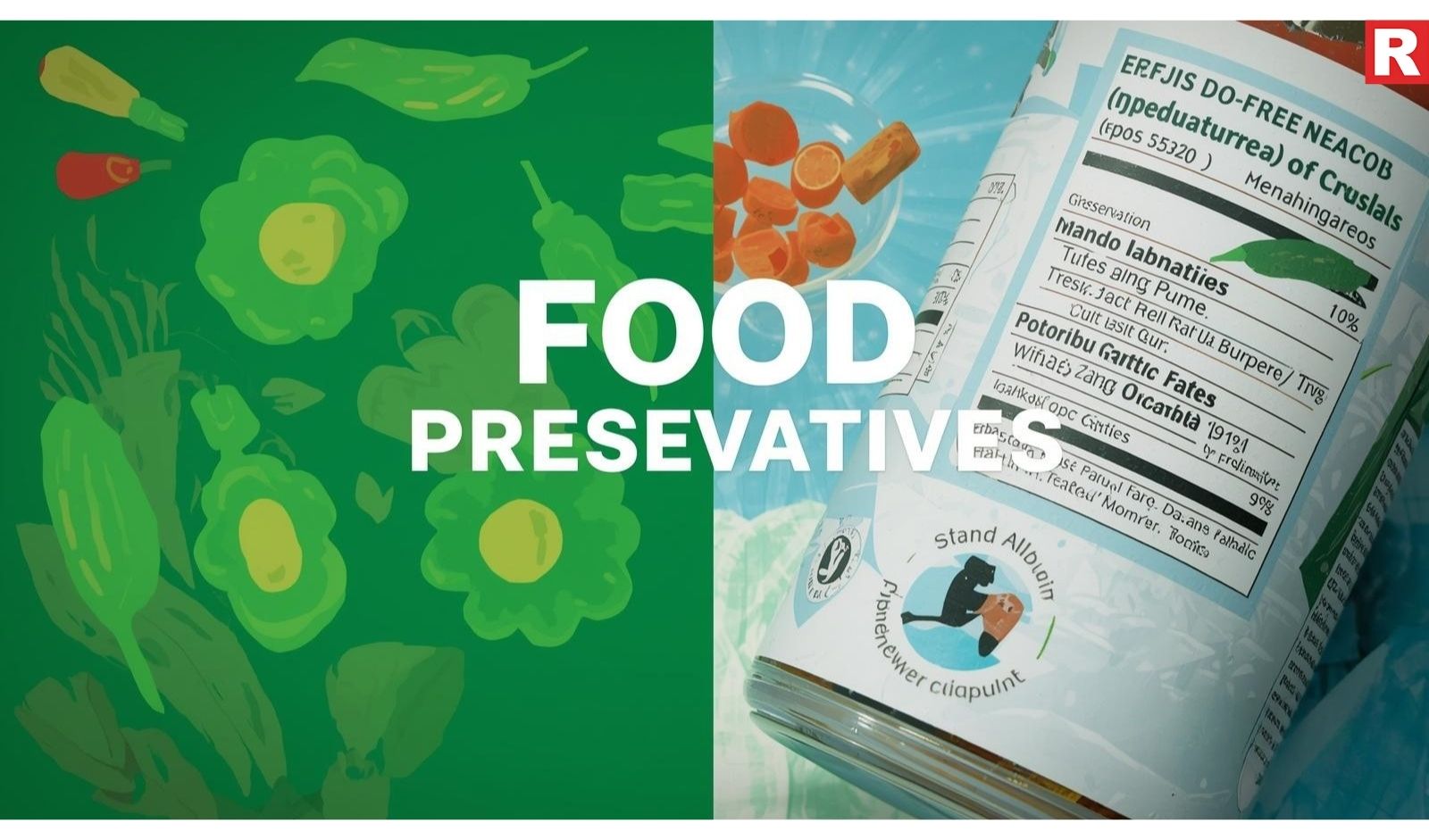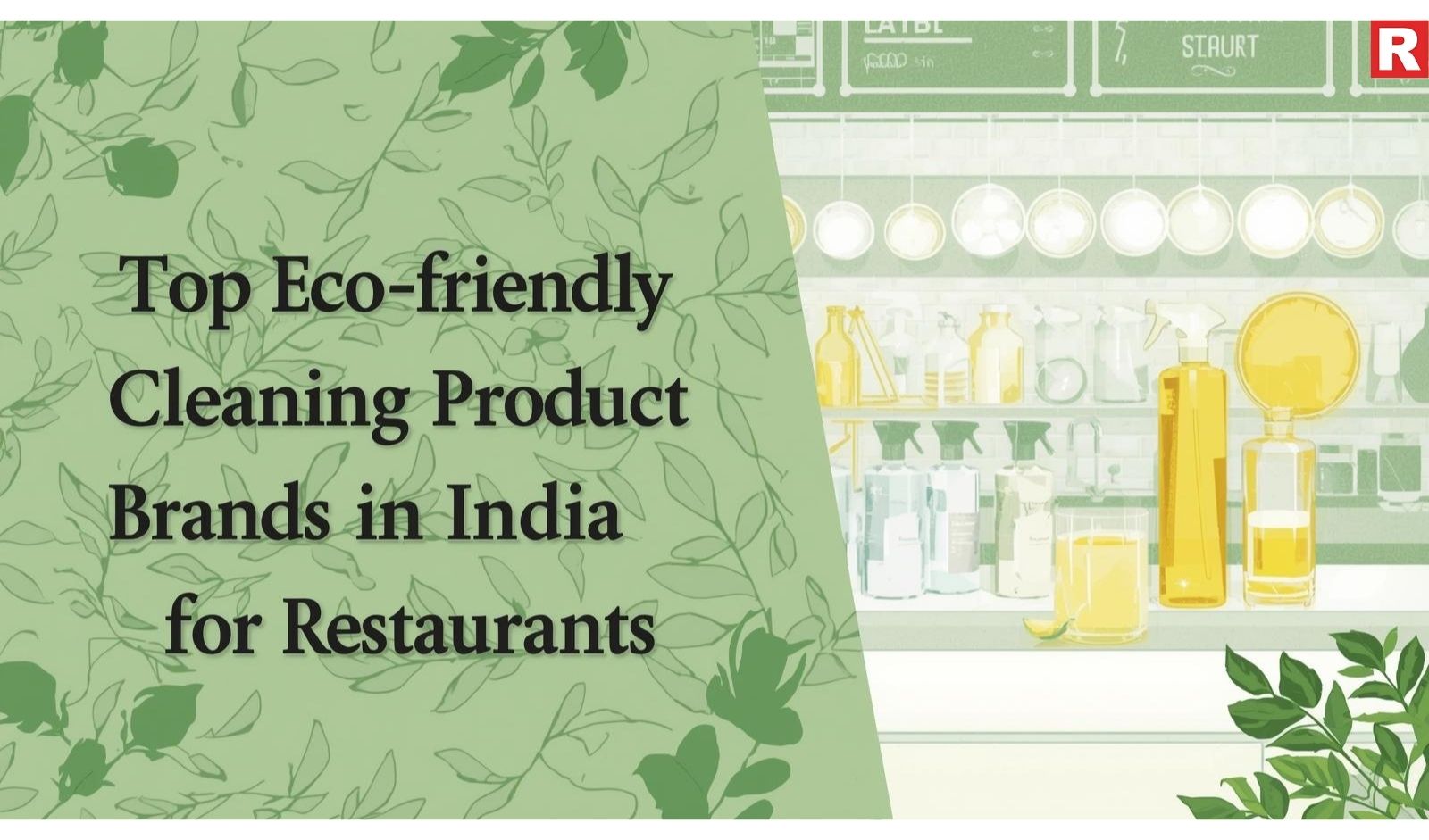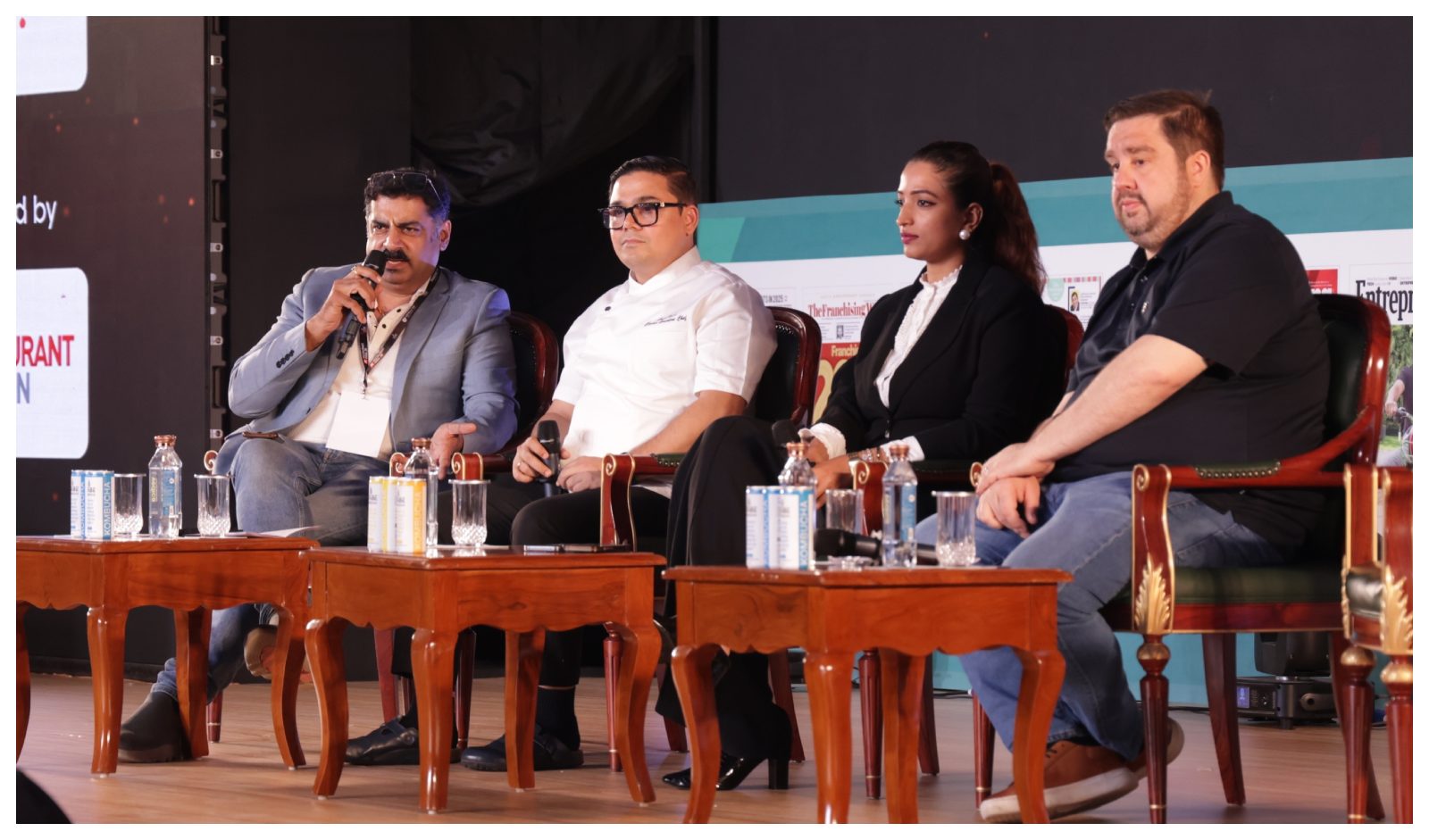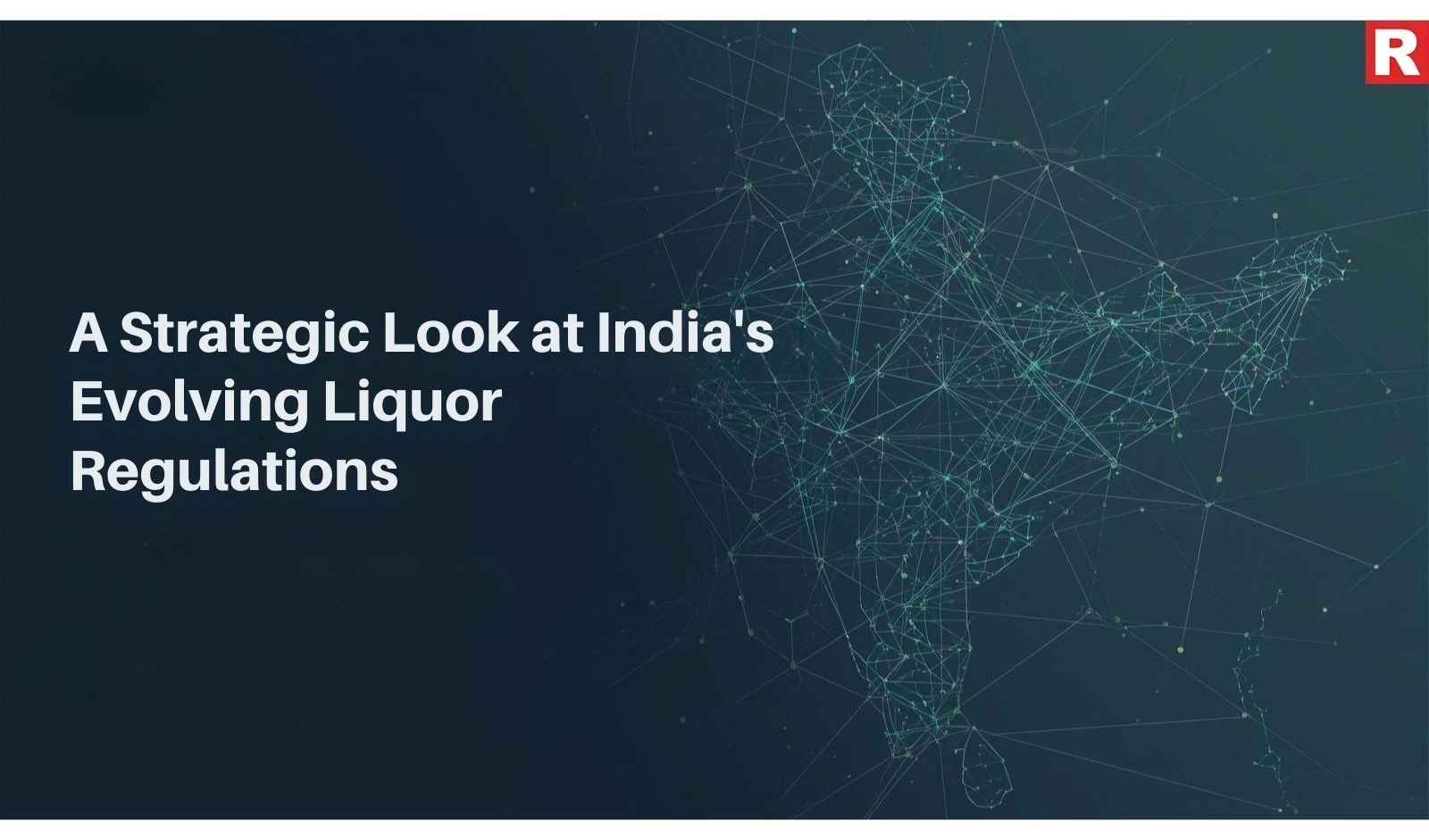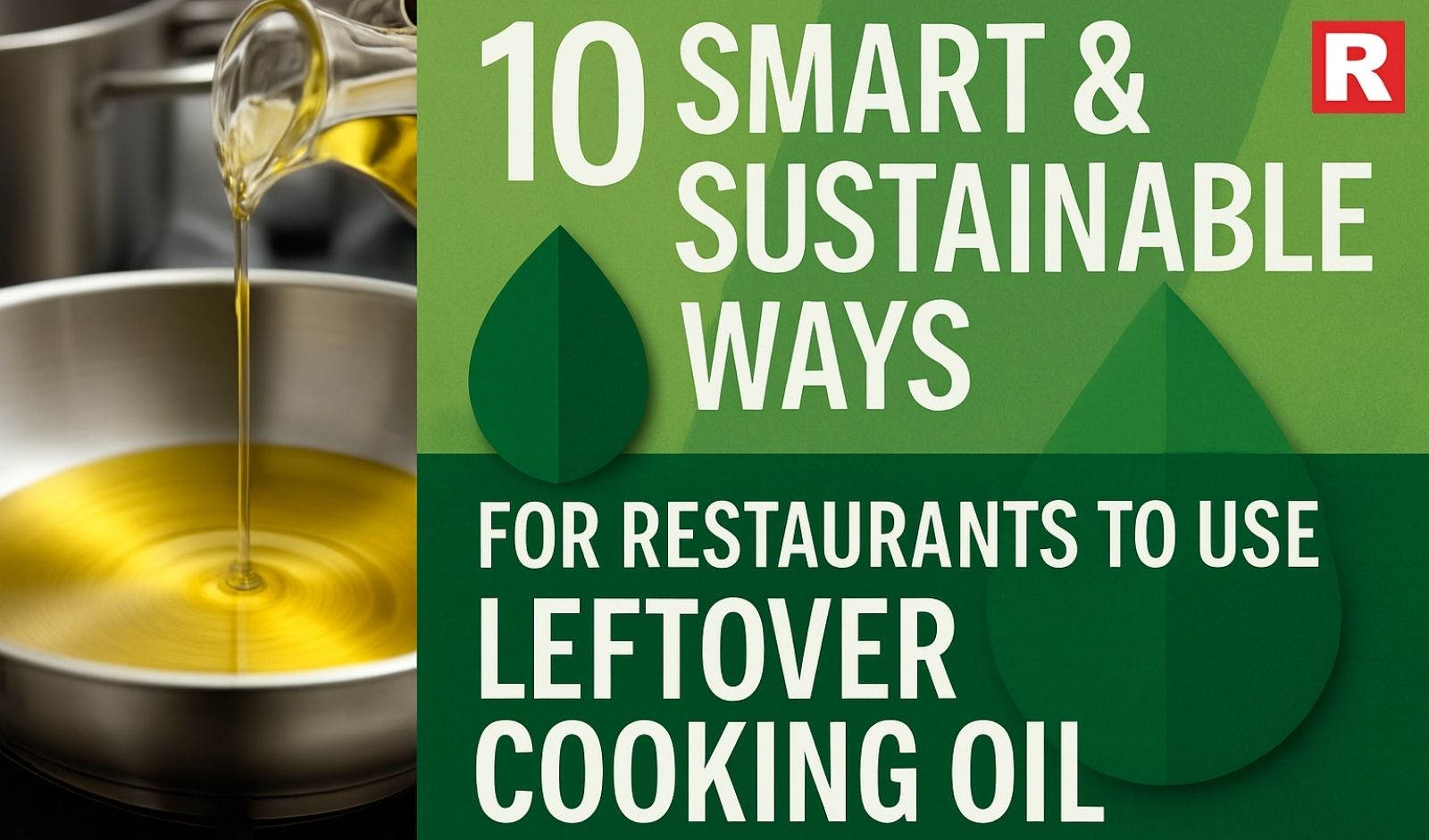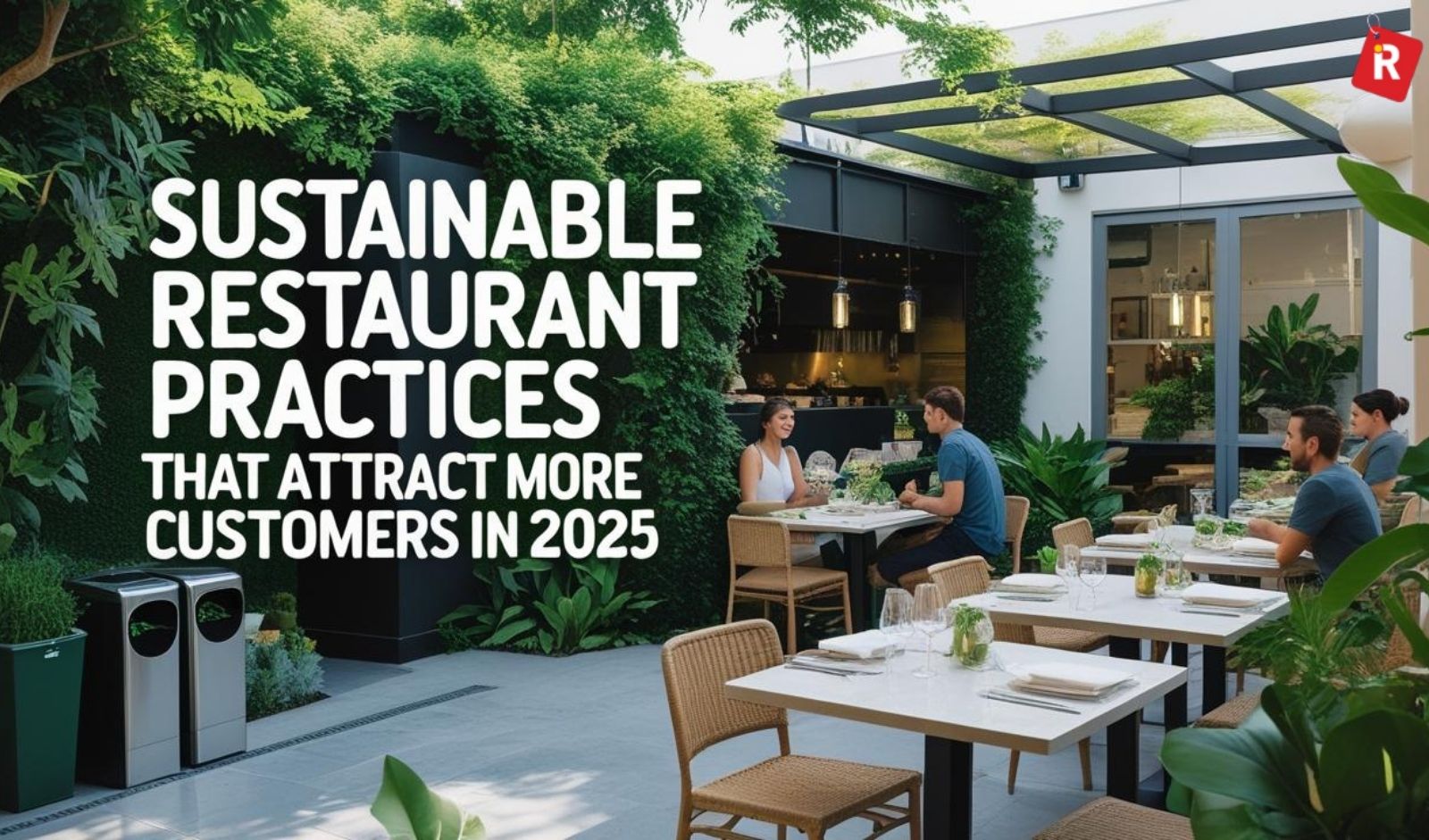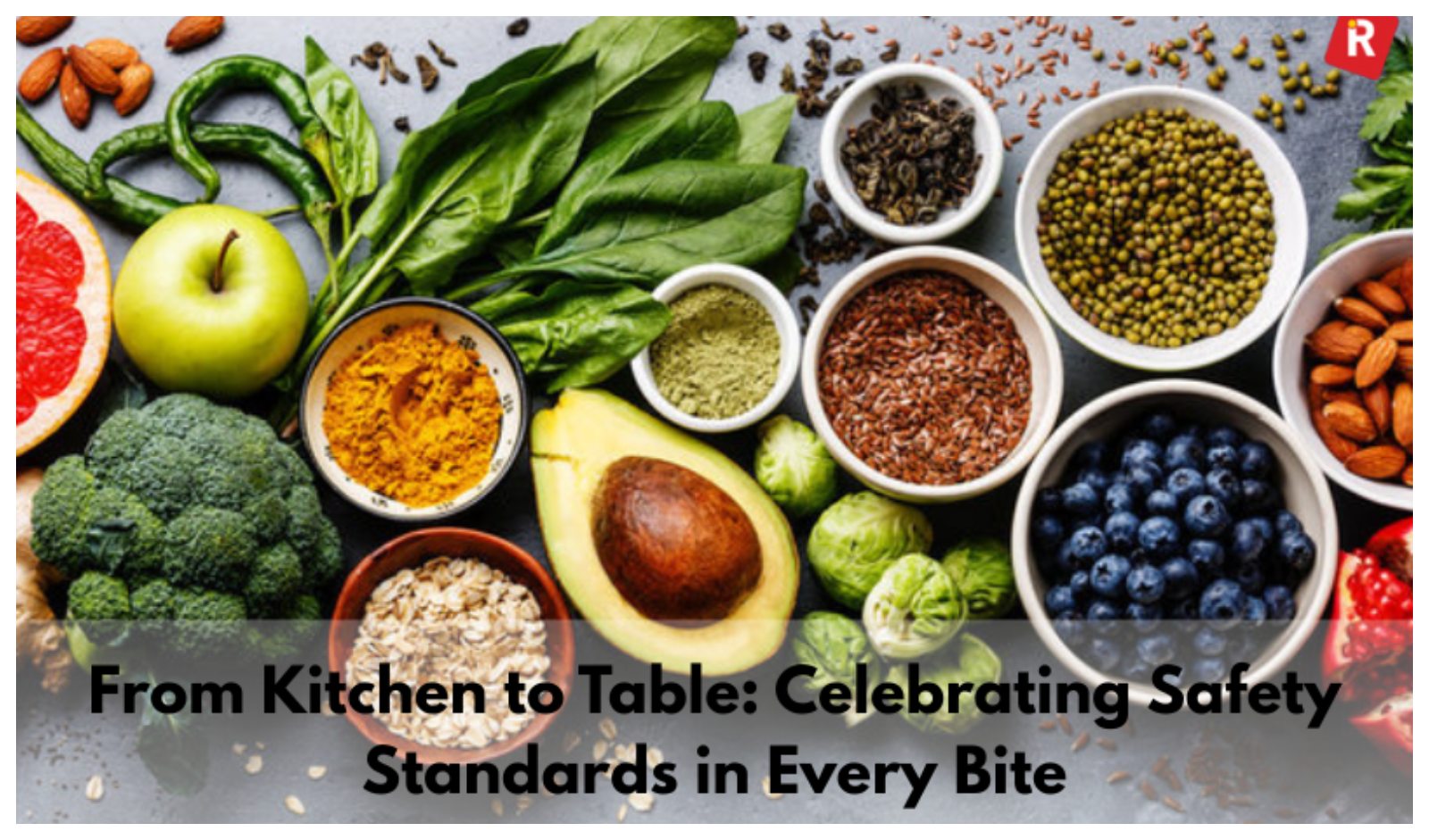One of the most energy-intensive spaces in any business is the commercial kitchen of a restaurant. Its energy costs can even account for a big…
Although the word "preservatives" can occasionally raise concerns, these chemicals are essential for keeping the quality of packaged items…
Restaurants are now actively looking for and implementing eco-friendly cleaning solutions due to rising consumer desire for sustainable businesses,…
The restaurant industry is projected to reach 79.7 billion dollars by 2028, growing at a CAGR of 15%.
The alcohol license is more than just a piece of paper for Indian restaurateurs; it's a key component of the dining experience and a gateway to…
Food wastage is a problem that is faced by every establishment, from small food trucks to big restaurants or hotels. It is a problem that can affect…
When reused or recycled the right way, it can help the environment. It can also cut down on waste costs.
Sustainability is not just a trend. It is the future of dining. Restaurants that focus on eco-friendly practices stand out. They attract more…
We all know that food safety is a non-negotiable pillar for restaurants as it serves as an important reminder of our responsibility towards safe and…
According to the UN Environment Programme’s (UNEP) Food Waste Index Report 2024, India wastes 78.2 million tonnes of food annually, with 22 million…
Introducing Food Rescue! Canceled orders will now pop up for nearby customers, who can grab them at an unbeatable price, in their original untampered…
Moreover, blockchain improves food safety by facilitating the traceability of contaminated products and reduces food waste by ensuring that food is…
To guarantee ethical and ecologically responsible procurement, actions are being done such as participating in fair trade agreements, assisting…
Restaurant India spoke to Restaurant owners, FMCG players and Chefs to understand on how these players can help in delivering food safety, nutrition…

India boasts a youthful demographic, with over 50% of its population below 25 and more than 65% below 35 years. For this vibrant, multitasking…

Food waste not only represents a significant environmental burden but also incurs substantial economic costs for businesses.

Ready-to-cook products have gained popularity among HORECA establishments due to their numerous benefits. These products are pre-prepared with high-…

According to FSSAI guidelines, the limit for Total Polar Compounds (TPC) to be maximum 25% beyond which the vegetable oil is not suitable for use.…

With a large population and a growing middle class, India generates a lot of trash as a result of packaging, contributing to pollution, landfill…

Sustainability can lead to cost savings for the hospitality industry. Sustainable practices like energy-efficient lighting, water conservation, and…

In 2023, contactless experiences, personalization, sustainability, health and wellness, and social responsibility will be some of the top trends that…

Bagga also pointed that why only the restaurant industry is being singled out even airlines, cinemas, automobile dealerships and many other service…

The notification also explained that the annual licence fee of L-17 licence will be Rs 5 lakh for restaurants with up to 1,000 sq feet area, Rs 15…

Although there are ample points one needs to consider while firming up a restaurant's safety and hygiene standards, one must also have an…
Copyright © 2009 - 2026 Restaurant India.





